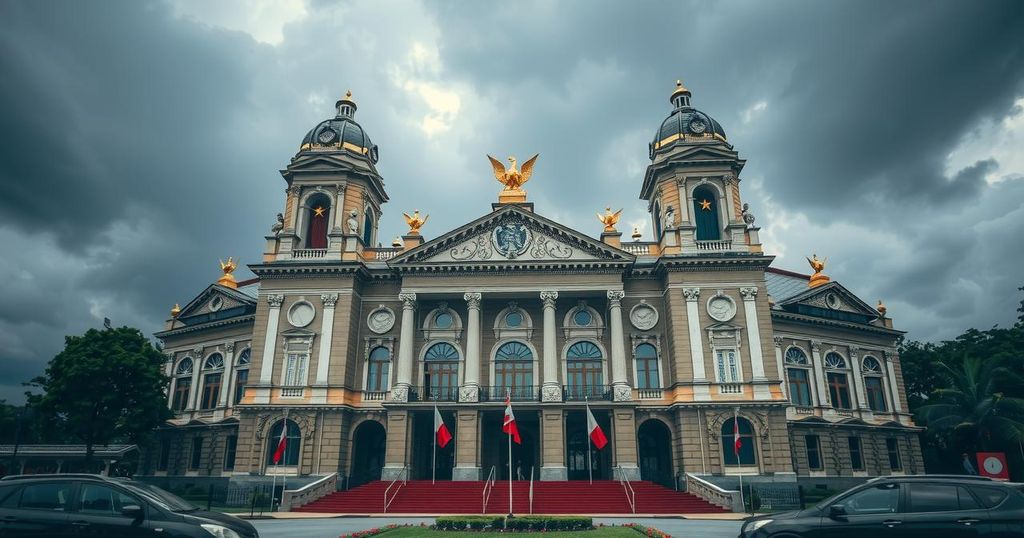Debate on Constitutional Reform in the Democratic Republic of the Congo
The Democratic Republic of the Congo is experiencing a heated debate over constitutional reform, with the government proposing changes and the opposition fearing that President Felix Tshisekedi aims to extend his presidency. Correspondent Emmet Livingstone reports from Kinshasa.
The Democratic Republic of the Congo is presently engaged in a contentious debate regarding potential revisions to its constitution. The government has been advocating for reforms; however, the opposition expresses significant concerns, suggesting that President Felix Tshisekedi may be seeking to extend his tenure beyond the constitutional limits currently in place. This political tension has captivated attention, with various factions weighing in on the implications of such reforms for the nation’s democratic processes. Emmet Livingstone, a correspondent for FRANCE 24, provides insights from Kinshasa on these developments, delineating the perspectives of both the government and the opposition.
The current discourse surrounding constitutional reform in the Democratic Republic of the Congo is steeped in a complex political history. The nation’s constitution was adopted in 2006 following years of conflict and transition from dictatorship. It includes provisions designed to limit presidential terms in order to ensure democratic governance. The present considerations for reform have stirred fears among opposition parties that such changes would undermine these democratic safeguards by allowing President Tshisekedi to prolong his presidency, thereby threatening the balance of power established by the constitution.
In summary, the debate over constitutional reform in the Democratic Republic of the Congo remains a pivotal issue with far-reaching implications for the nation’s governance. While the government advocates for changes, the opposition harbors deep-seated concerns about the potential risks this movement poses to democracy and the rule of law. The outcome of this debate will likely have significant ramifications on the political landscape and the future of the nation’s governance.
Original Source: www.france24.com




Post Comment